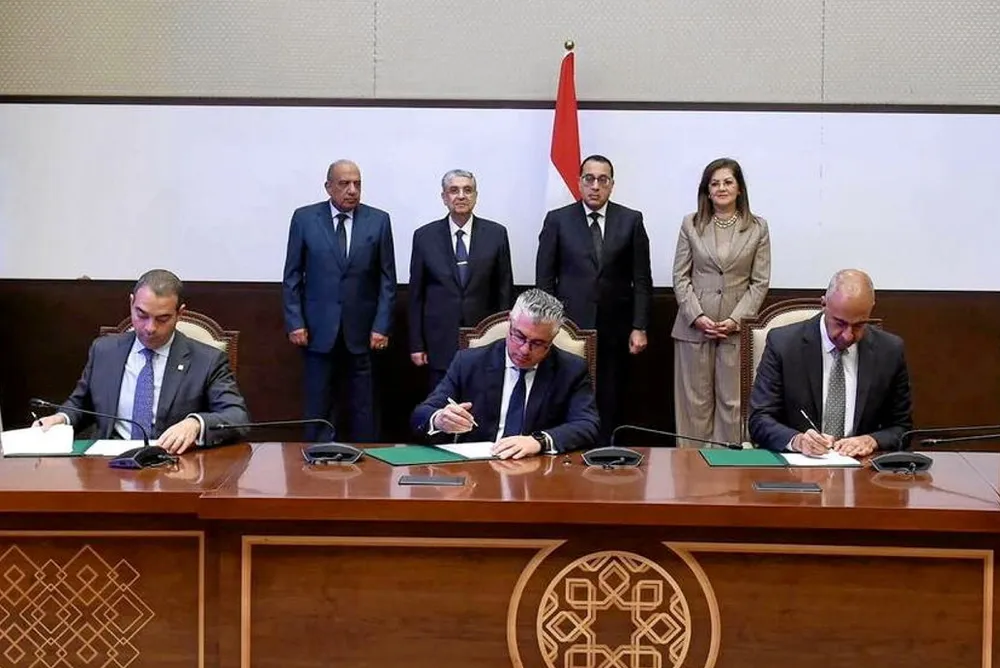Egypt agrees deal for $4bn Suez Canal green hydrogen project
Ocior Energy’s plant is expected to produce up to one million tonnes per year by 2030, with first phase due on line in 2027

Ocior Energy’s plant is expected to produce up to one million tonnes per year by 2030, with first phase due on line in 2027
